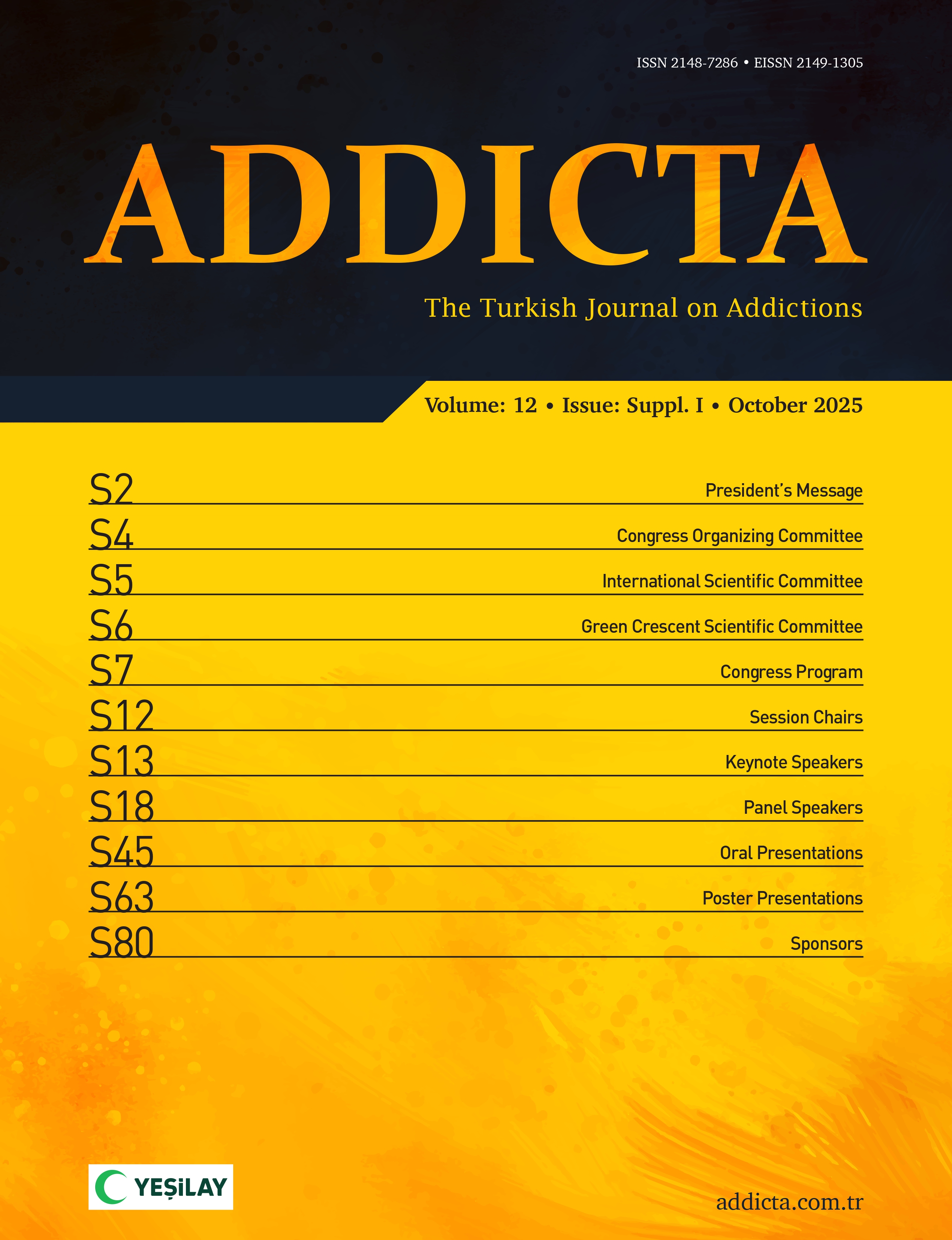lockdown due to the coronavirus disease 2019 (COVID-19) pandemic had a significant impact on daily routines and habits. New lifestyle behaviors contributed to the onset and course of mental diseases, including addictive problems. The objective of this work was to describe changes in health status during lockdown in the general population, including potentially addictive behaviors, and explore possible contributing factors. The analyzed data comprised a population-based sample of 240 individuals (73.3% women, mean age 43.8 years old). Assessments included sociodemographics and self-reports for health state and addictive behaviors. The risk of perceived worsening physical and psychological state was 21.7% and 20.0%, respectively, after the lockdown. The risk of requiring a new treatment for physical and psychological illnesses was 10.4% and 4.2%, respectively, while 2.5% of the participants started using illegal drugs and 9% initiated video game use. Finally, the statistical predictors of health worsening during the lockdown were the presence of anxiety symptoms, being unmarried, having low education levels, experiencing fears related to COVID-19 infection, and having family conflicts. This research identified vulnerability factors contributing to changes in physic and mental health, as well as those associated with addictive behaviors during lockdown. These results should be considered in further stressful situations to design personalized preventive and therapeutic plans.
Cite this article as: Granero, R., Baenas, I., Fernández-Aranda, F., Duran, J., Lanuza-Masdeu, J., Mayordomo, C., Potenza, M. N., Quintana, A., Leyva, C., Rodríguez-Ruiz, F., Menchón, J. M., & Jiménez-Murcia, S. (2023). COVID-19, health habits, and addictive behaviors in the general population. Addicta: The Turkish Journal on Addictions, 10(1), 67-74.

.png)

.png)
.png)
